The ‘war on terror’ –basically a militaristic approach towards radicalism – initiated by the Bush administration after 9/11 (2001) has largely failed, in spite of spending hundreds of billions of dollars by the Western powers for almost two decades. Radicalism has substantially increased since then. Prominent leaders and military generals in the world concede that ‘there is no military solution to radicalism’, its deep-rooted causes must be addressed.
This is not to suggest that a military involvement is not necessary at all. Rather, what it says is: in order for a military involvement to succeed, it needs to be subservient to and decided by a broader constructive and diplomatic undertaking that addresses the causes and cures of radicalism. Such as has been undertaken in Tunisia after the Jasmine Revolution in 2011: limited, but decisive actions, time to time, by the state security forces while the government and the society continuously working on the conflict resolutions and the governance issues to address the reasons of radicalism. Previously a deeply radicalized, polarized, dysfunctional society, that was close to the threshold of a ‘civil war’; after the revolution, however, under a visionary leadership, Tunisia has amazingly transformed itself. As the Islamists and secularists, previously rivals, now cooperating with each other to help build a functioning democracy, the entire nation is also transforming and building a consensus for democracy. This is the process that is integrating the nation and, effectively, invalidating and defeating radicalism.
History is a testament to the fact that undeniable root causes of any rebellion are repression, exploited economy, humiliation, and hopelessness. When a rebellion uses an ideology such as that of communism, nationalism, or that of a religion to strengthen its movement, it turns into radicalism. The fighters that fought in a revolution, like that of the French Revolution, Russian Revolution, all were once called radicals.
Now, regarding the radicalism that emerged from the Middle East and spreads across the Muslim world, and manifests its vicious face all over the world, did not exist before Israel was established in 1948 and the Cold War started in the early the 1950s. The only radicalism recorded in the area between the 1920s through the 1940s, were done by extreme Jewish groups like Irgun, the Stern Gang, and Hagana, who terrorized some Arab population to leave their homes and villages to settle somewhere else to make room for the huge influx of Jewish immigrants from all over the world.
The two episodes and their continuing destructive paths, have enormously contributed to the Arab radicalism for the following reasons: 1. America’s extremely biased policies in favor of Israel, enabling the latter to occupy the Palestinian lands and to repress the people in a colonial-apartheid style for almost four long decades. This ‘epic injustice’ in our time is increasingly becoming extreme and careless in its nature. The denial of basic human rights, especially the right to self-determination, and rampant and continuous death and destruction have created the backdrop that is a major source of fuel to the inferno of hate and anger among the vast growing young generations not only in the Middle East but also in the Muslim world. It has become an icon of injustice and oppression in our time. As James Baker, the former Secretary of State, emphatically pointed out that America cannot be a part of the solution and a genuine peace process in the Middle East as long as it remains as ‘Israel’s lawyer’. The world concurs with this view.
2.The second one is less visible but more profound in its effects: The Western policy, since the Cold War started, under the heavy influence of the neoconservatives (neocons) like the Dulles brothers of the United States of America in the 1950s, aims to sabotage or hinder democracy in many Muslim majority societies, especially that of the Middle East. This is the root cause of radicalism.
Radicalism cannot take root and grow in a well-governed society. All major terrorist organizations, like al-Qaeda, al-Shabab, Boko Haram, sprang up in a dysfunctional state of a repressive authoritarian regime, chaos, rampant corruption, incessant violation of human rights, etc. The key factor behind the emergence of the Islamic State is the marginalization and disenfranchisement of Sunnis in Iraq after the American invasion in 2003 and Syria during the Assad dynasty.
Going back to the second point, taking full advantage of the paranoia of the Western public of an imminent nuclear confrontation, the brothers embarked on a vicious agenda of overthrowing democratically elected leaders, such as that of Iran in 1953, and replaced them with authoritarian rulers, in the name of maintaining ‘stability’ and fighting communism.
The long term consequence of this counterproductive policy was, finally, admitted by the then Secretary of State, Condoleezza Rice, before an Arab audience in 2005. She confessed that her country (USA) has, for the last sixty years, sacrificed democracy (meaning either sabotaging or obstructing democracy) for stability in the Muslim world, she further acknowledged that it had not worked.
By nature, the brothers were the vanguards of the multinationals (who more often than not, profit from exploiting other societies) and champions of the ‘military-industrial complex’ (who gain by creating conflicts, wars, bribing armies of other countries and selling arms). The brothers were also the staunchest allies of the foreign dictators, because the latter were ready to deliver what the neocons ever wanted: suppressing any popular movement and agreeing to lucrative deals to their Western vested interests. These vested interest groups in different places created the enormously powerful transnational alliances. The Dulles brothers left behind a groomed generation of neocons to carry on their torch of establishing American hegemony abroad. This has been a counterproductive agenda for which American taxpayers’ have been paying dearly ever since.
The lucrative deals the transnational alliances of vested interests can get from an authoritarian regime, they generally cannot get from a representative government. This is the root reason why these transnational alliances work closely with the neocons in Washington to work against democracy in the Muslim world. The Muslim world, for the most of the last century, possessed and controlled about 76% of the oil reserves of the world and other valuable resources. It still possesses enormous levels of oil reserves. Therefore, it is self-evident that the neocons do not like democracy to flourish in many Muslim majority societies.
There are many reasons Israel does not like any democratic development among its neighbors in cluding Palestine. This is not because it is most disliked and distrusted in the region, but more importantly, it can vilify Hamas as a terrorist organization, so that Israel does not have to sit down with them in a peace process, the same way Israel avoided the Palesnitian Liberation Organization (PLO) for thirty some years and avoided a negotiated peace settlement. Israel’s wish prevails.f a fair and free election is given today, most likely they would come to power, such as did take place in Turkey since 2004 and in Tunisia in 2012, and in Egypt the same year. Obviously the undemocratic forces, both in the region and in the West, do not like moderate Islamists to have any hold in their respective countries.
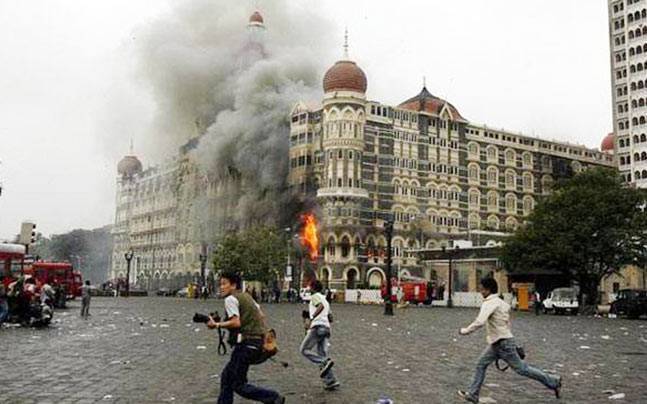
There are many reasons Israel does not like any democratic development among its neighbors including Palestine. This is not only because it is most disliked and distrusted in the region and the people there need to be repressed and controlled, but more importantly, it can vilify Hamas as a terrorist organization, so that Israel does not have to sit down with them in a peace process, the same way Israel conveniently branded the Palestinian Liberation Organization (PLO) for thirty some years and avoided a negotiated peace settlement. Israel’s wish prevails.
This scheme often has dehumanized and disbanded the most potent force against radicalism. For example, since the Muslim Brotherhood became non-violent and renounced violence in their ideology in 1973, the organization has influenced many major armed movements to become non-violent in places like Egypt, Algeria, Yemen, Jordan, Saudi Arabia, Tajikistan. This trend could have continued at an accelerated rate, as time progresses, had democracy flourished in the region and MB could become a democratic force, just like Ennahdha has become in Tunisia.
The consequences of this modus operandi have been devastating: seeing that moderate Islamists were continuously harassed, persecuted and politically disbanded, more extreme Jihadist and Salafist movements sprang up in places like Egypt, Tunisia, and Algeria during the long, repressive, secular, authoritarian regimes under the patronage of the West.
The vast young generations of the Middle East, 65-70% are 35 years or younger, have grown terribly frustrated seeing the way their basic rights are violated, their resources are looted, and their own leaders collaborate with the foreign masters to rob their societies. The breeding grounds for radicalism become ever more active.
In this global village, with an ever increasing awareness of human rights and dignity leading to an ever greater demand for freedom and democracy, in a world inundated with arms due to the reckless arms trade for the last several decades, the world is fast becoming an ever more a dangerous place. No amount of surveillance and ‘war on terror’ can escape that reality. The radical organizations get fatter with constant sources of recruits.
The only way out of this quagmire is a fundamental change in the mindset and modus operandi of the West towards the Muslim world. There needs to be a Marshall Plan and a paradigm shift, especially in the Middle East, the key area of radicalism.
The good news is that, if the past is any reference, whenever a positive change takes place, in which people have the trust and confidence, even the die-hard rivals and radical forces change and learn to adjust. Once a functioning democratic system is in place, with the help of the international community and/or with a world power, such as America in the case of El Salvador in the 1990s, or Russia in the case of Tajikistan in the late 1990s, the intractable enemies soon become polished politicians and partners in the system.
When President Bush declared his signature program to help spread democracy in the Middle East and beyond, the people in the region trusted America. His administration compelled Israel to hold fair and free elections and to let Hamas participate, pushed the Mubarak regime of Egypt to let the Muslim Brotherhood take part in the next parliamentary election, and persuaded Lebanon to allow Hezbolla to take part in politics, and others in the region follow suit. The Arab street was euphoric about the possibility of democratic governance and inclusive politics. This development alarmed undemocratic powers in the region, enormously powerful pro-Israeli forces, and the alliances of transnational vested interests. These networks work relentlessly, behind the scene and publicly, bombarding media and social media, creating smokescreens to falsely indoctrinate the Western public with ideas such as: ‘Islam and democracy are not compatible’, ‘Muslims are not fit for self-rule’, ‘radicalism/terrorism cannot be controlled by a democratic government in a Muslim majority society’ and therefore it is not in the interest of the West to promote democracy in a Muslim majority society. Facing the upcoming midterm election in 2006, the Republican party created an enormous pressure on the Republican President to back down on his signature program. The ‘united front’ of pro-Israeli alliances prevailed, while America’s values, principles, true interests, and its leadership all took the back seat. The intended outcome was achieved: an ever higher wall was created between the Muslim world and America. The people on all sides became victims, while few gained.
In 2006, a Pew poll found that while the majority of the Western public thought democracy was “a Western way of doing things that would not work in most Muslim countries”, however, majorities in every single Muslim country surveyed flatly rejected that argument. Relying on the ‘Bush doctrine’, many groups in the Middle East abandoned their confrontational agendas against the respective regimes to work tirelessly to be elected as peoples’ representatives.
After achieving astounding victory in the elections– Hamas and Hezbolla – were officially branded as ‘terrorist’ organizations in America the same way previously PLO and its leader Arafat were branded for 30 some years to avoid any peace dialogue with the Palestinians. President Mubarak of Egypt felt a sigh of relief as his repressive, undemocratic agenda to stay in power was given a green light again so that he would join America and Europe in cutting off all aid to Hamas in order to topple it from power in Palestine.
An incalculable blow to the world peace was made due to the failure of the America’s leadership. The extend of the frustration and anger of the people of the region is simply incalculable. The world has been witnessing ever since a surge in violence and suicide bombing not only in the region but also in other parts of the world.
A process of dialogue and constructive engagement, always, marginalizes the extremes and empowers the moderates on all sides. A power-sharing or coalition-facilitating democratic system offers forceful constructive engagements. This took place, besides El Salvador and Tajikistan, in South Africa, Tunisia, Kosovo, Nepal, among other places. This is how rebellion and radicalism are changed into constructive forces in a society.
The key here is ‘power-sharing’ or ‘coalition facilitating’ in a democratic system. In places like Syria, Iraq, Afghanistan, or Israel-Palestine, there needs to be a power-sharing or a federal system to produce a sustainable peace. Considering the long ethnic rivalries and sectarian tensions, or the Israeli-Palestinian conflicts, often fueled by American policies, a democratic system based on majority, such as that took place in Iraq in 2005 under the American occupation, has not worked and will never work. The rivals need to be made interdependent in a power-sharing arrangement or partners in a confederacy, with the goal to achieve broader integration. Over time, this may create a win-win situation benefiting all the parties, instead of breaking them up into smaller states and thus maintain them as rivals.This is the key to the successful democratization of the Middle East that can very well invalidate and defeat radicalism.
Ruby Amatulla , Contributor
Executive Director, Muslims for Peace, Justice, and Progress

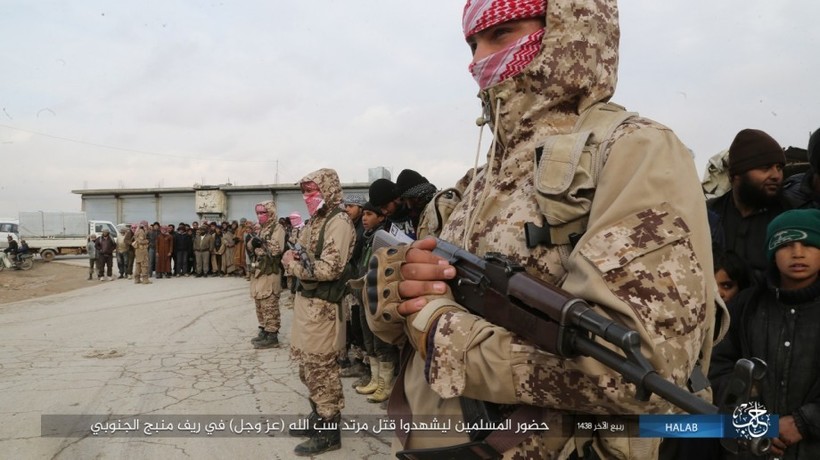

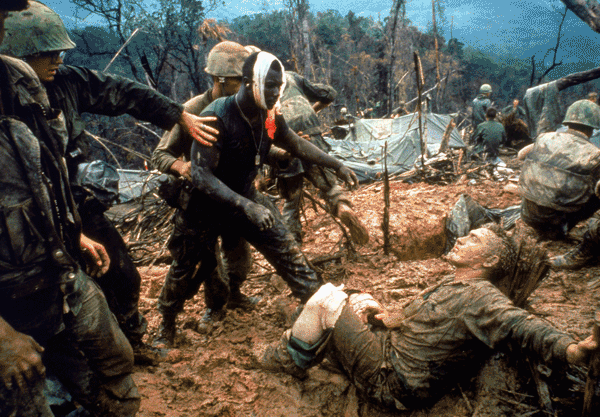
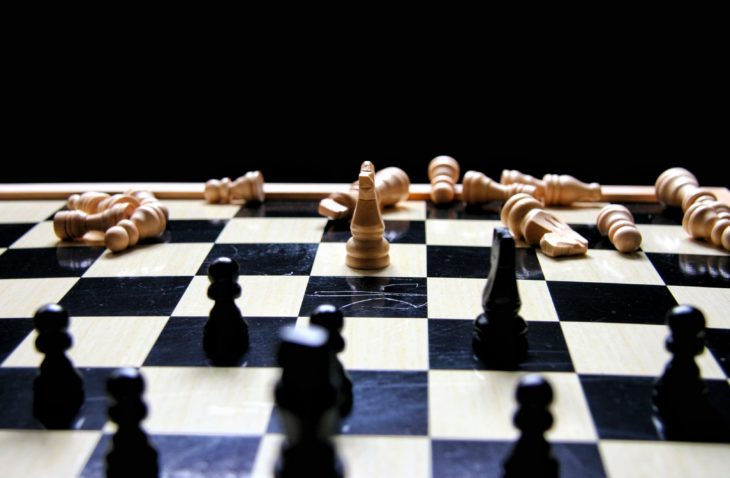
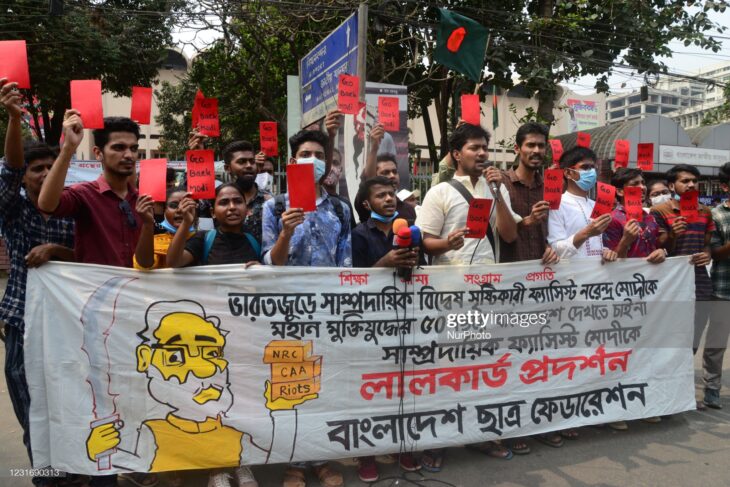
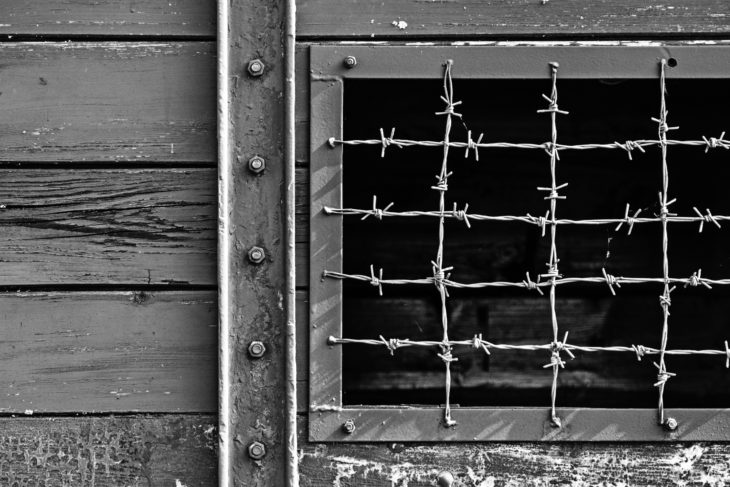
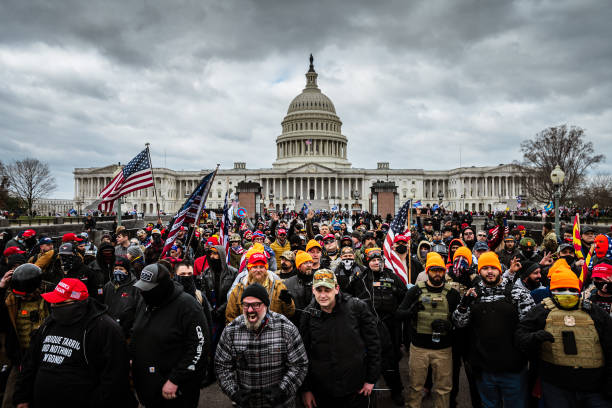

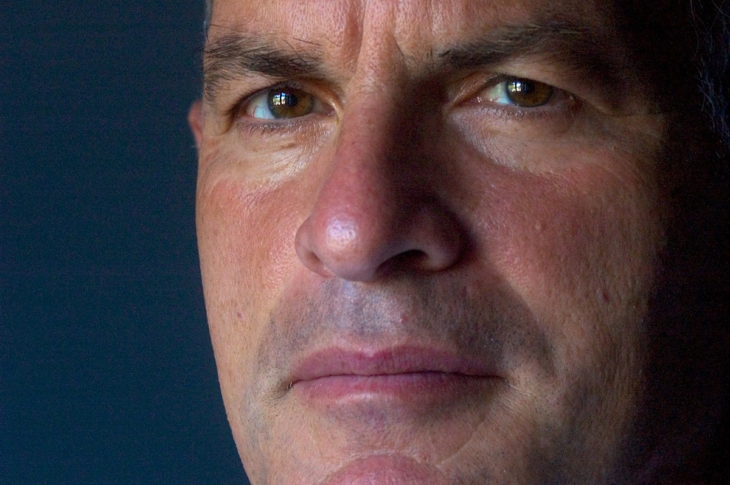
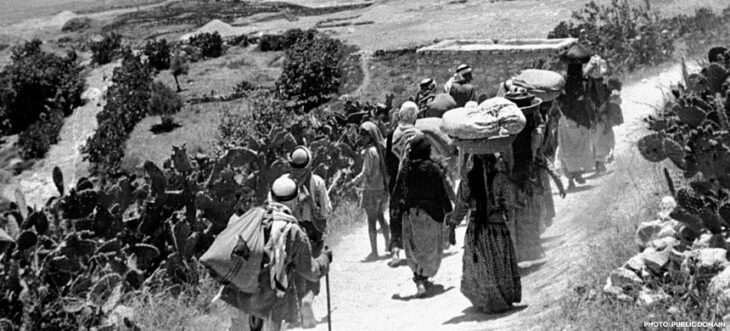
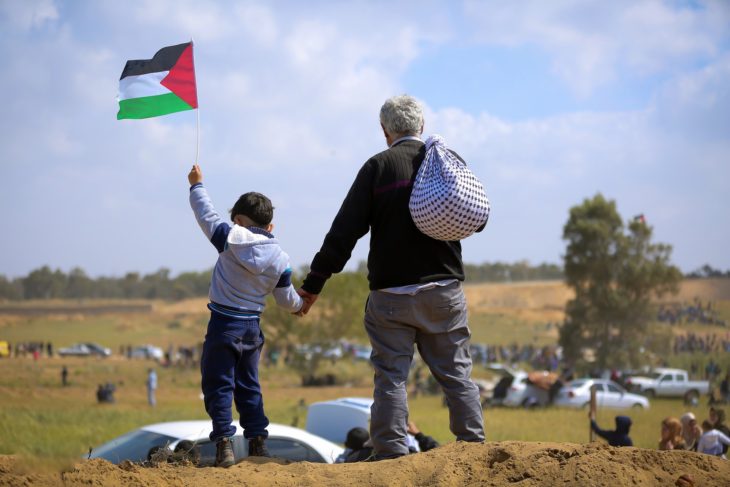

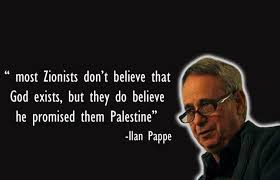

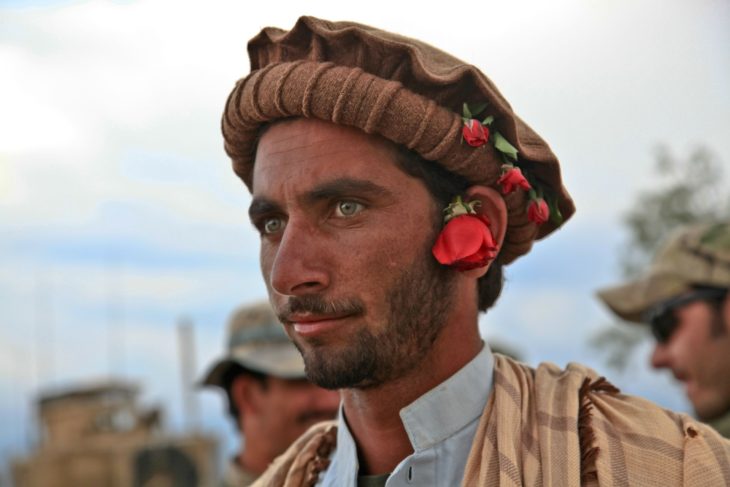
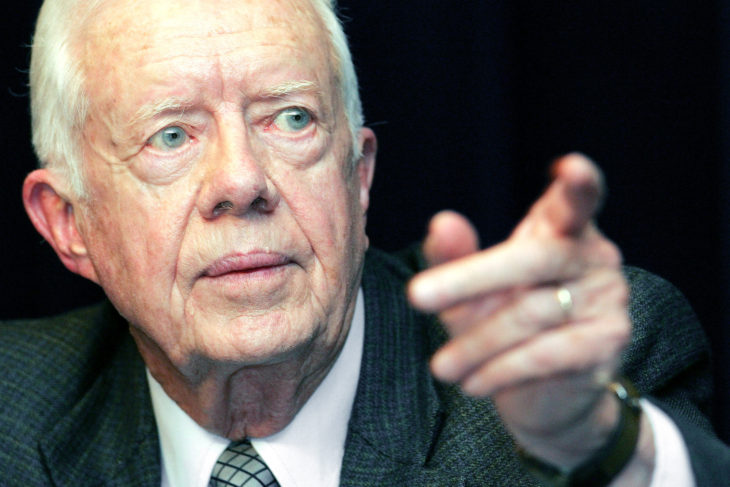
Recent Comments